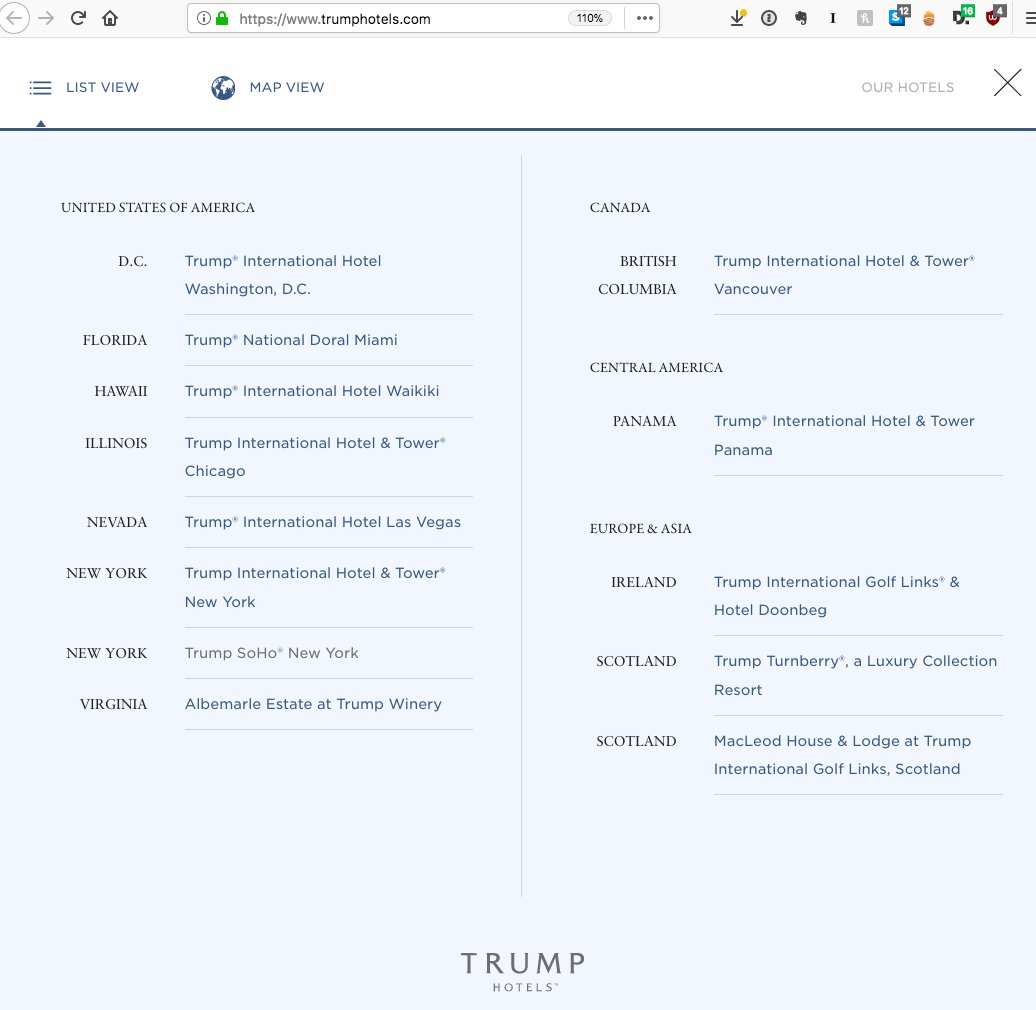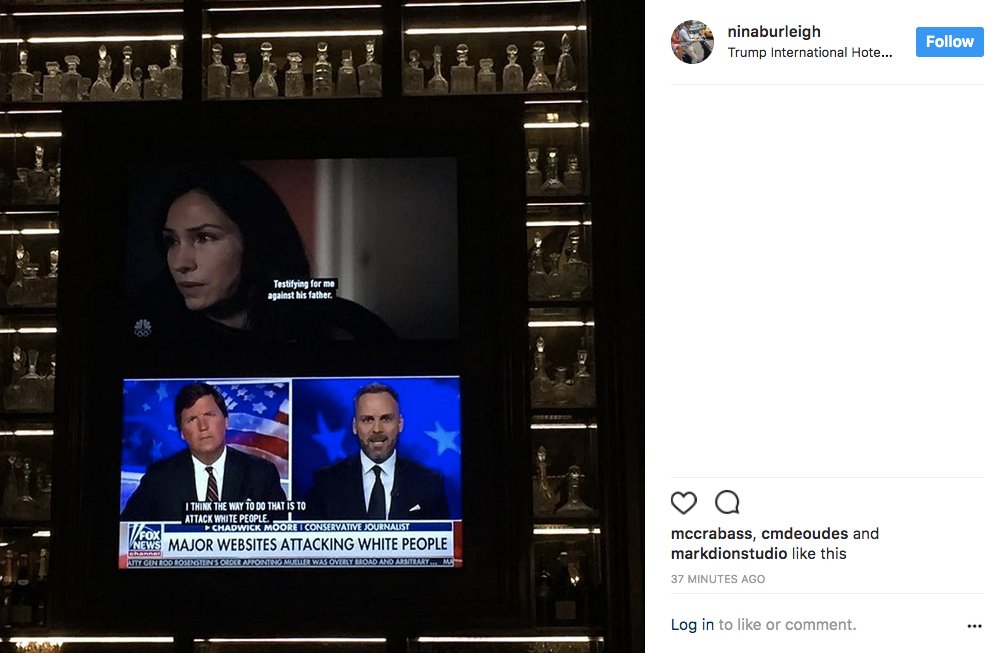The phony Collusion smear having been completely debunked, Trump's opponents are now scouring the umbras and penumbras of Obstruction to seek some psychological solace. The Obstruction charge revolves around the firing of Comey. Let us review.
The End
This thread is a bit legalistic, but extremely important to keep in mind as things unfold in the coming days and weeks (I expect plenty of fireworks in upcoming hearings when Mueller appears before Congress).
The End.
"‘Mueller improperly seized the power’ to interpret the Constitution and the scope of the president’s authority." -- John Yoo, professor of law at U.C. Berkeley Law School & and a former Deputy Assistant U.S. Attorney General
The End.
“If we had confidence after a thorough investigation of the facts that the president clearly did not commit obstruction of justice, we would so state. Based on the facts and the applicable legal standards, we are unable to reach that judgment.” -- Mueller
The End









